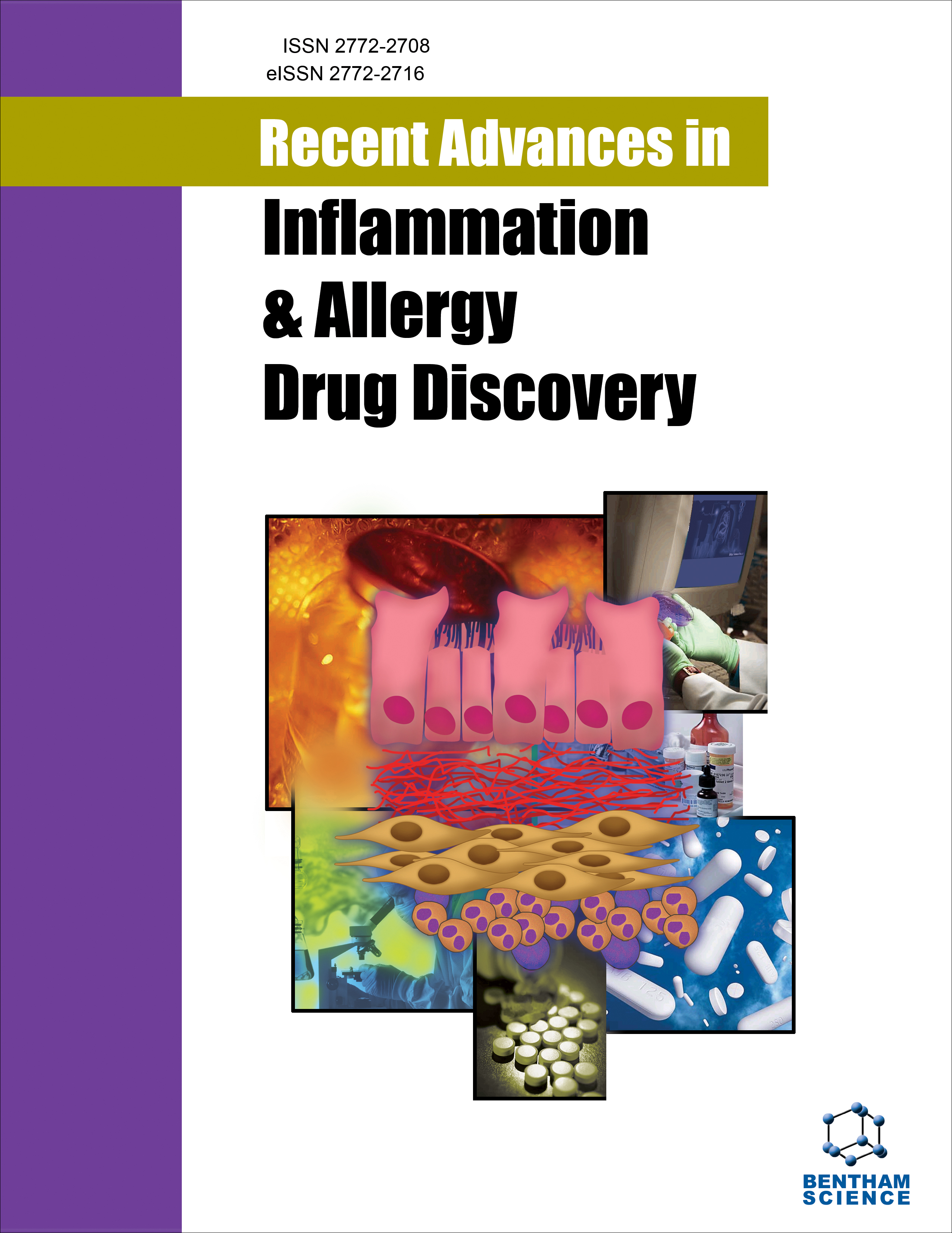
Full text loading...
Sepsis is a life-threatening condition responsible for high morbidity and mortality rates around the world and is characterized by a dysregulated host response to infection, resulting in multiple organ dysfunctions. Eugenol is a phenolic aromatic compound derived from clove oil. It has anti-inflammatory, antioxidant, antibacterial, antiviral, antifungal, and anticancer characteristics, which have led to its extensive use in diverse fields, including cosmetology, medicine, and pharmacology. The ongoing study aimed to evaluate the efficacy of eugenol-loaded chitosan nanoparticles (EC-NPs) on sepsis-induced liver damage using the cecal ligation and puncture (CLP) model.
Thirty male albino rats were randomly divided into five groups: Sham, sepsis, and septic rats treated with chitosan, eugenol, or EC-NPs.
EC-NPs showed excellent antibacterial, antioxidant, and anti-inflammatory effects in vitro. EC-NPs administration significantly improved liver function, as indicated by the decreased liver enzyme activities and C-reactive protein (CRP) level, as well as the increase of albumin content. Moreover, EC-NPs caused an increase in glutathione-reduced and antioxidant enzymes activities, as well as a reduction of malondialdehyde and nitric oxide formation. In addition, the EC-NPs treatment reduced the DNA damage in septic rats; also, the EC-NPs treatment repaired, to some extent, the abnormal architecture of the hepatic tissues of septic rats. Furthermore, the immunohistochemical examination showed a marked decrease in inflammation through the reduction of TNF-α and IL-1β expression.
In conclusion, EC-NPs attenuated liver injury in sepsis through their anti-inflammatory, anti-bacterial, anti-oxidant activities and protection of DNA.

Article metrics loading...

Full text loading...
References


Data & Media loading...

